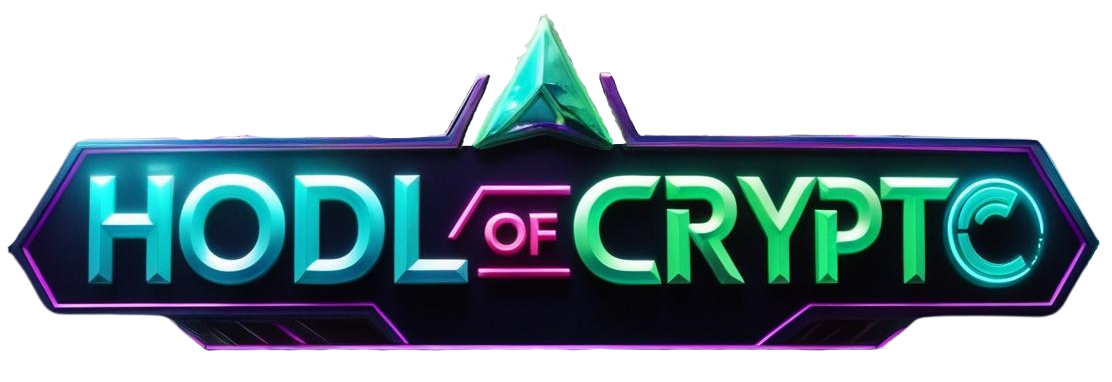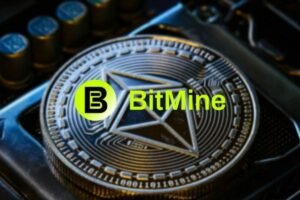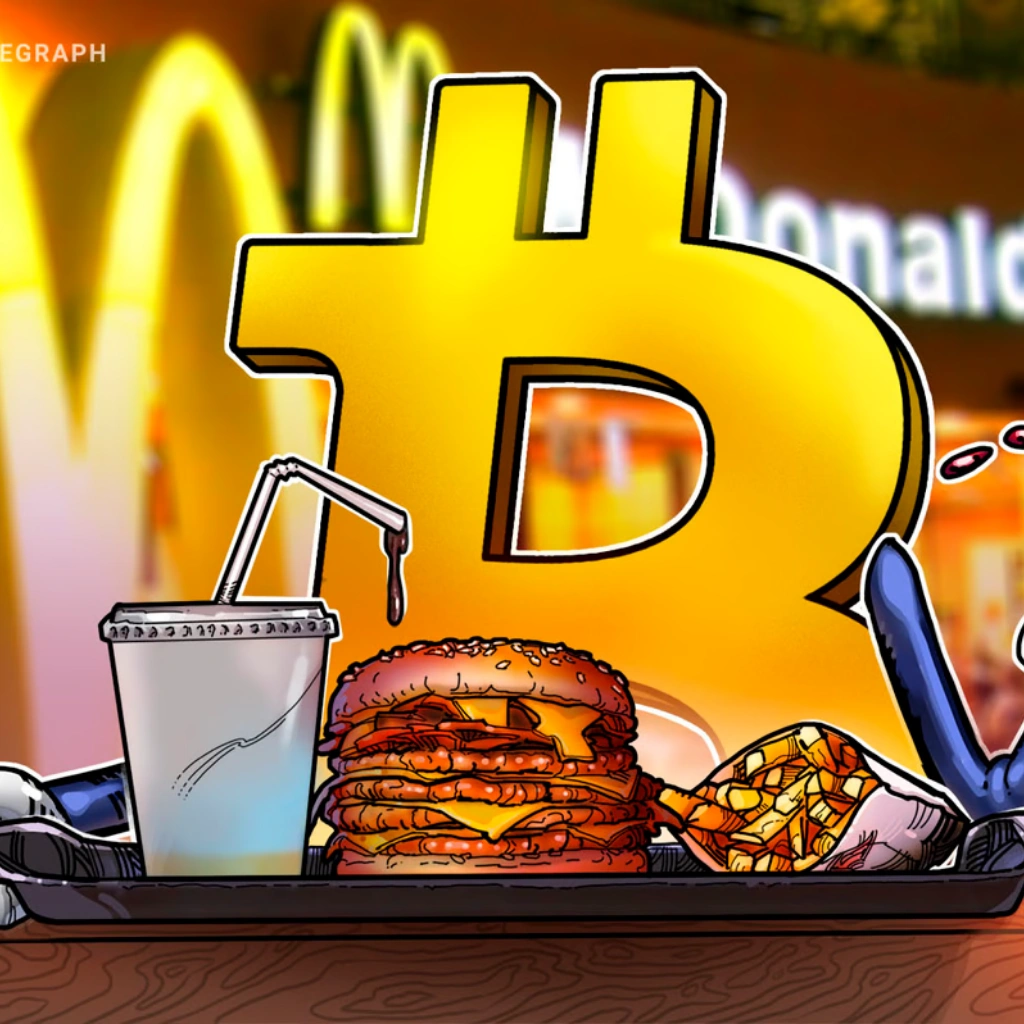In 2025, cryptocurrency adoption has moved from niche to near-mainstream. It’s being used to buy everything from online subscriptions to luxury watches. But what about something as ordinary as fast food? More specifically—can you use crypto to buy McDonald’s?
To answer that question, let’s stop guessing and start analyzing—with a real-world case study.
Case Study Location: El Salvador
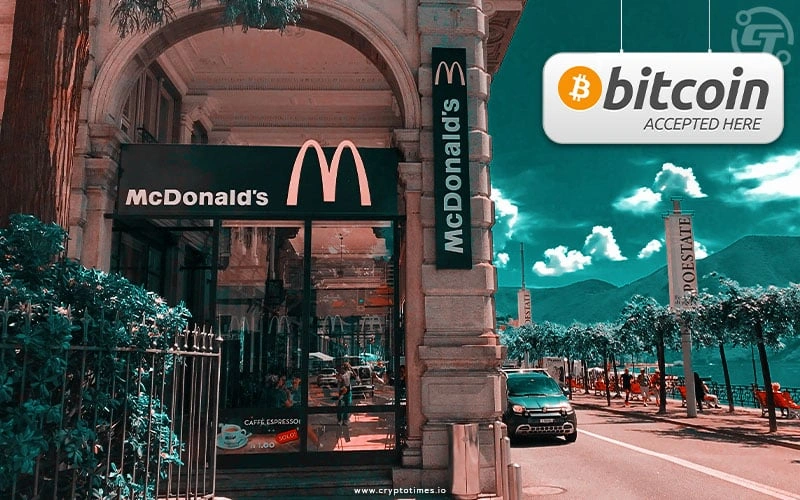
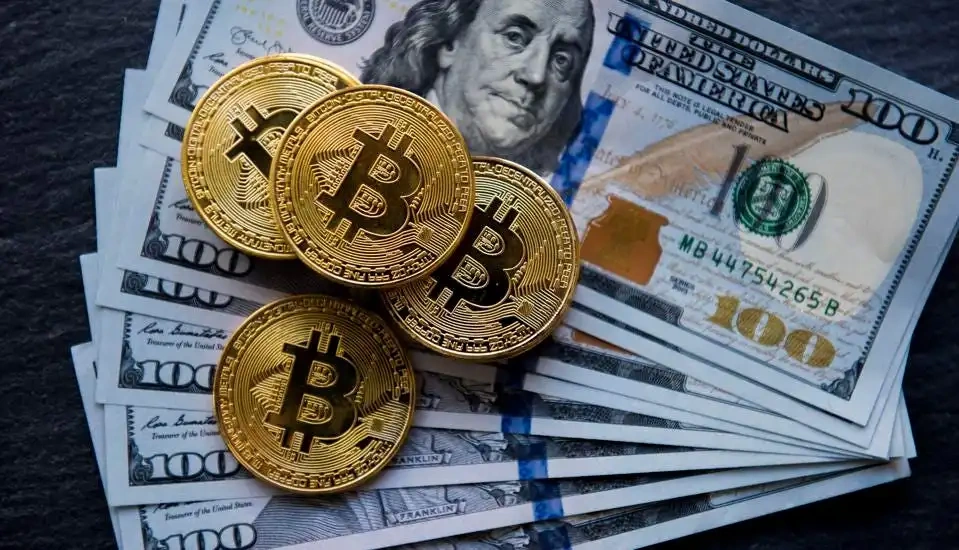
El Salvador is the world’s first country to adopt Bitcoin as legal tender, making it a unique testing ground for mainstream crypto use. Since September 2021, businesses in El Salvador have been legally required to accept Bitcoin for goods and services—yes, even fast food.
So naturally, McDonald’s in El Salvador had to play ball.
Implementation: McDonald’s Accepts Bitcoin

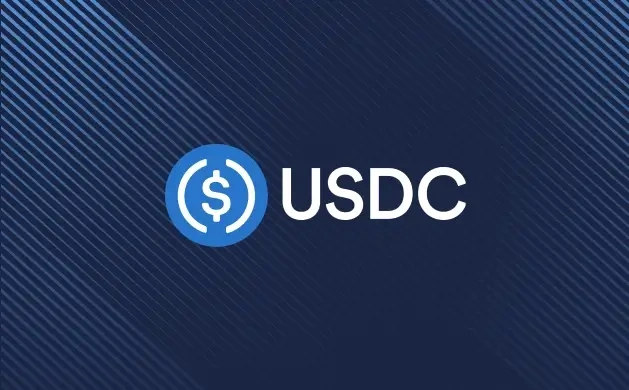
In select McDonald’s franchises across San Salvador and other urban centers, customers can pay for their meals using Bitcoin via the Lightning Network, a layer-2 payment solution that offers fast and low-cost transactions.
Here’s how it works:
- Customers scan a QR code using a Lightning-enabled wallet (e.g., Strike, Wallet of Satoshi).
- The transaction is processed instantly.
- McDonald’s receives the equivalent value in Bitcoin (or immediately converts it to USD).
This was more than just a gimmick—it was part of a broader government initiative to normalize digital currency usage in everyday life.
Consumer Experience: What’s It Like?
Locals and tourists alike have shared positive experiences using Bitcoin at McDonald’s. It’s fast, convenient, and frankly, kind of cool. You walk in with just your phone and walk out with a Quarter Pounder, no fiat required.
But there are limitations:
- Only certain franchises accept crypto.
- Some employees are still getting used to the tech.
- Network downtime or wallet compatibility issues can occasionally frustrate users.
Still, for a country experimenting with national-level Bitcoin adoption, the fact that you can grab fries with crypto is a solid win.
Contrast: What About the Rest of the World?
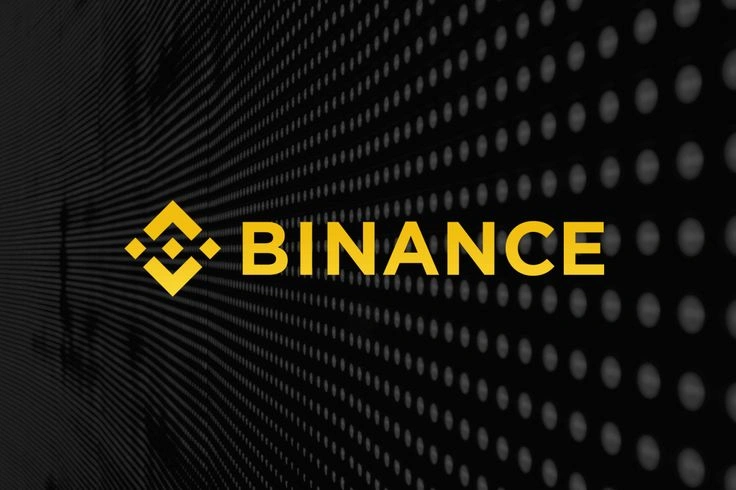
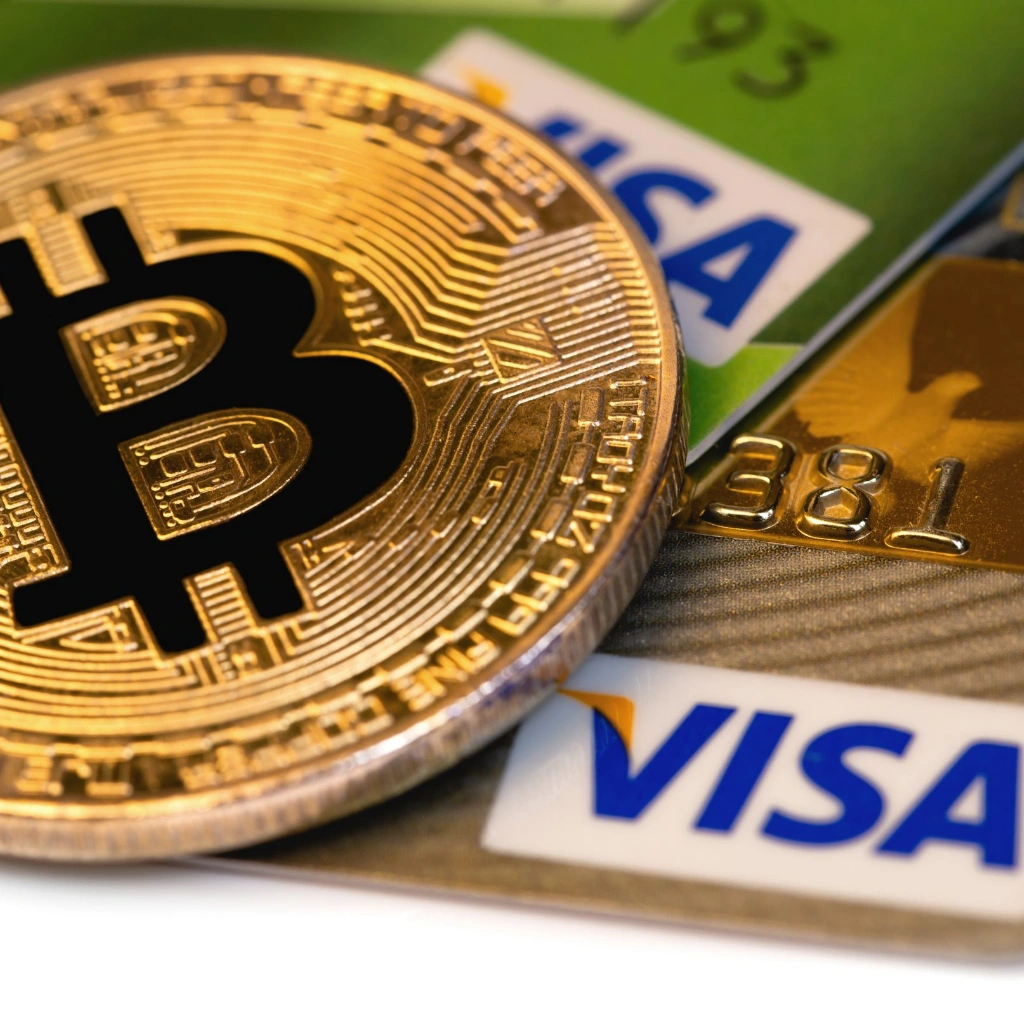
Now, take a step outside El Salvador and you’ll find a different reality.
In places like the U.S., Canada, or the EU, crypto isn’t legally required—or even widely accepted. Most McDonald’s outlets in these countries don’t accept Bitcoin directly. But there are workarounds:
- Crypto Debit Cards: Offered by platforms like Crypto.com, Coinbase, and Binance, these cards convert your crypto to fiat at checkout.
- Gift Cards: Services like Bitrefill let users buy McDonald’s vouchers using crypto in certain regions.
- Pilot Programs: A few international franchises have tested blockchain payments, but none have rolled out global crypto integration yet.
In short, El Salvador is the exception, not the rule.
Barriers to Global Crypto Adoption at McDonald’s
If El Salvador proves it’s technically possible, what’s holding back McDonald’s from going crypto worldwide?
- Volatility: Bitcoin prices swing wildly. Pricing in crypto introduces operational headaches for menu consistency.
- Tech Infrastructure: Most McDonald’s outlets use legacy POS systems not compatible with blockchain payments.
- Regulatory Concerns: Many governments are still cautious—or outright hostile—toward cryptocurrencies.
- Limited Consumer Demand: Most customers still prefer credit cards or mobile wallets. The crypto crowd, while vocal, remains niche in many markets.
Crypto to buy McDonald’s: Lessons from the El Salvador Case
El Salvador’s experiment shows that crypto fast food is feasible—but not frictionless. The technology works. Consumer interest exists. But scaling it globally requires overcoming systemic and regulatory hurdles.
This case also proves that corporate giants like McDonald’s can adapt, when the political and legal environment pushes them to.
Looking Forward: Crypto to buy McDonald’s- Could More Countries Follow?
If more countries begin adopting or regulating crypto in a favorable way, we could see McDonald’s and other fast food giants:
- Integrate stablecoin payments into their apps,
- Launch blockchain-based loyalty programs,
- Or even accept crypto natively at self-service kiosks.
Until then, the El Salvador model offers a valuable glimpse into what a crypto-friendly fast food future might look like.
Final Thoughts: A Burger-Sized Glimpse into the Future
So—can you use crypto to buy McDonald’s? In El Salvador, yes. And not just in theory, but in practice.
Elsewhere? Not quite. The infrastructure is coming together in pieces—through crypto cards, gift vouchers, and eager franchises—but we’re still a long way from Bitcoin being as common as ketchup.
El Salvador’s McDonald’s moment might be a prototype, not the standard—but it’s definitely a start.
Relevant News: HERE
